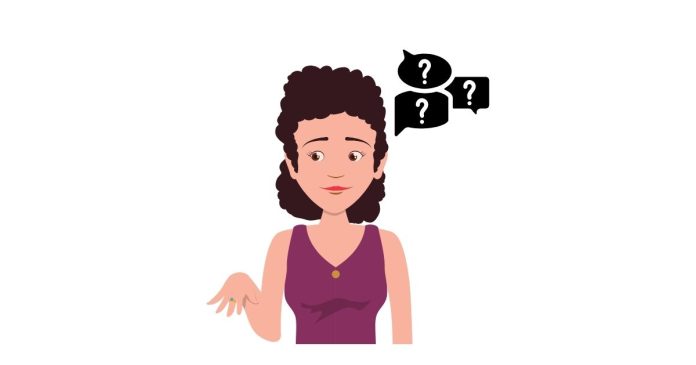The words Mary, marry, and merry are homophones, meaning they sound similar, but they have different meanings, spellings, and uses. Understanding the differences between them is important for proper usage in both writing and speaking. Here’s a detailed breakdown:
1. Mary:
- Part of Speech: Noun (Proper Noun)
- Meaning: “Mary” is a name. It is a common female first name in many English-speaking countries and has historical and religious significance (e.g., the Virgin Mary, mother of Jesus).
Example:
- “Mary is going to the store.”
- “I met a woman named Mary at the party.”
2. Marry:
- Part of Speech: Verb
- Meaning: “Marry” is a verb that refers to the act of entering into a marriage or getting married. It describes the formal or legal union between two people, typically through a ceremony.
Example:
- “They decided to marry after dating for five years.”
- “Will you marry me?” (a proposal)
3. Merry:
- Part of Speech: Adjective
- Meaning: “Merry” is an adjective that means happy, joyful, or cheerful. It is often used in festive or celebratory contexts, such as during holidays like Christmas or New Year’s.
Example:
- “We had a merry time at the party.”
- “Merry Christmas!” (a common holiday greeting)
Key Differences:
- Mary is a name.
- Marry is a verb meaning to enter into marriage.
- Merry is an adjective meaning cheerful or happy.
Usage in Sentences:
- Mary: “Mary loves to read books.”
- Marry: “I hope they will marry next summer.”
- Merry: “They had a merry celebration with music and dancing.”
Memory Aid:
To remember the difference:
- Mary is a name, think of someone you know named Mary.
- Marry is about marriage, so think of a wedding.
- Merry relates to merrymaking, or a cheerful mood, often associated with holidays.
By keeping these distinctions in mind, you can avoid confusing these words in both writing and conversation.


